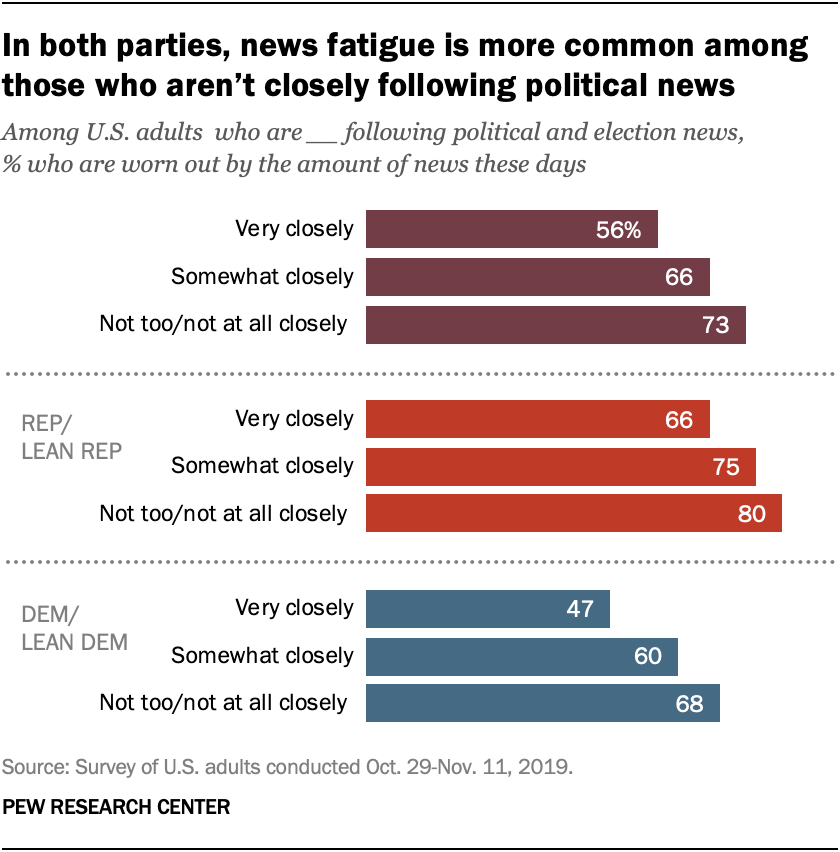The Architecture of Spectacle: A Multidisciplinary Analysis of the Psychology, Sociology, and Ontological Impact of Reality Television


In an era marked by information overload and constant connectivity, the phenomenon of news fatigue has emerged as a significant challenge for democratic societies. This article delves into the complexities of news fatigue and its implications for the functioning of democratic systems, offering insights and strategies for navigating this increasingly prevalent issue.
 |
| The phenomenon of news fatigue has emerged as a significant challenge for democratic societies. (📷 internautas) |
News fatigue refers to the exhaustion, apathy, and disengagement that individuals experience due to the overwhelming volume of news content they encounter on a daily basis. In an age of 24/7 news cycles, social media feeds flooded with headlines, and sensationalised reporting, many people find themselves feeling overwhelmed and disillusioned with the news.
The rise of news fatigue poses several challenges for democratic societies:
1. Decreased Civic Engagement:
As individuals become fatigued by the constant barrage of news, they may disengage from civic activities such as voting, participating in community forums, or contacting elected representatives. This decline in civic engagement weakens the foundation of democratic governance, as active citizen participation is essential for a healthy democracy.
2. Polarization and Fragmentation:
News fatigue can exacerbate political polarization by driving individuals towards echo chambers and filter bubbles where they seek out news sources that align with their pre-existing beliefs. This fragmentation of the media landscape makes it difficult for citizens to engage in constructive dialogue and find common ground on important issues, further eroding the fabric of democratic discourse.
3. Erosion of Trust in Institutions:
Continuous exposure to sensationalised or biased news coverage can undermine trust in traditional media outlets and democratic institutions. When individuals perceive the news media as untrustworthy or unreliable, they may become disillusioned with the democratic process altogether, leading to a breakdown in confidence in the institutions designed to uphold democratic values.
 |
| In 2019, news fatigue was more common among Americans who weren't closely following political news. (📷 pewresearch) |
While news fatigue presents significant challenges, there are strategies that individuals and society as a whole can employ to mitigate its impact:
Promoting media literacy education from an early age equips individuals with the critical thinking skills necessary to navigate the complex media landscape. By teaching individuals how to evaluate sources, identify bias, and discern between credible and misleading information, media literacy initiatives empower citizens to engage with the news more effectively and responsibly.
2. Diversification of News Sources:
Encouraging individuals to seek out diverse perspectives and sources of information can help combat the echo chamber effect and reduce polarization. By exposing themselves to a range of viewpoints, individuals can gain a more nuanced understanding of complex issues and foster constructive dialogue across ideological divides.
3. Mindful Consumption Habits:
Practicing mindful consumption habits, such as setting limits on news consumption, taking breaks from media consumption, and engaging in activities that promote well-being and balance, can help alleviate feelings of news fatigue. By prioritising quality over quantity and focusing on trusted sources of information, individuals can avoid becoming overwhelmed by the relentless news cycle.
 |
| Practicing mindful consumption habits can help alleviate feelings of news fatigue. (📷 tin.fyi) |
In an age of information abundance, news fatigue poses a significant challenge to the functioning of democratic societies. However, by understanding the underlying causes of news fatigue and implementing strategies to mitigate its impact, we can foster a more informed, engaged, and resilient citizenry. By promoting media literacy, diversifying news sources, and cultivating mindful consumption habits, we can navigate the complexities of the modern media landscape and uphold the principles of democracy for generations to come.
⭐⭐⭐
*AI assisted
Comments